
Tokyo University of the Arts International Exchange Centre
Location
Tokyo to, Chiyoda ku, Itabashi 3-11-18, Itabashi MK Building
Size
Total floor area: 1494.47 ㎡ | NLT/Steel Hybrid Portion of floor area:345.51㎡
Developer
Tokyo University of the Arts
Architects
Maeda Construction Co., Ltd
Introduction
Canada Wood Japan leads a groundbreaking initiative to incorporate nail-laminated timber (NLT) technology into the International Exchange Centre building at Tokyo University of the Arts. This innovative project, situated within the university’s Ueno Campus, highlights the versatile, sustainable, and cost-effective nature of NLT within hybrid steel and wood frame structures.
Project Overview
The project, conceived through a collaborative effort between the Council of Forestry Industries, Japan 2×4 Home Builders Association, and the Alberta government, obtained MLIT quasi-fireproof NLT floor assembly approvals in 2020. Spanning from the 3rd to the 5th levels of the International Exchange Centre building, the NLT panels exemplify the potential of this technology for both sustainability and design compatibility.
Materials and Fabrication
Nail-laminated timber, or NLT, is crafted from dimensionally stable planks of lumber, typically SPF, laid side-by-side and fastened together using nails. As a cost-effective and economically viable alternative to cross-laminated timber (CLT), NLT boasts a simpler fabrication and installation process that yields significant savings in materials and labor.
Construction Process
NLT’s streamlined fabrication method does not necessitate a specialized manufacturing facility, further enhancing its appeal within the Japanese construction market. For this project, NLT panels were preassembled off-site at a nearby factory and efficiently transported to the construction site. The rapid erection of these panels took a mere six weeks, demonstrating the technology’s adaptability and ease of integration.
Case Study and Lessons Learned
A comprehensive case study video report delves into the construction advantages of NLT, including its exceptional sound and fire performance, as well as expert installation recommendations. By sharing the insights gained and key findings, the project aims to inspire broader adoption of NLT within Japan’s burgeoning mass timber industry.
Collaboration
Since 2019, the Canada Wood team has partnered with Maeda Construction to bring this first-of-its-kind, large-scale NLT application in Japan to fruition. The project’s completed in October 2022, marking a transformative milestone in timber construction and paving the way for a more sustainable future in architectural design.

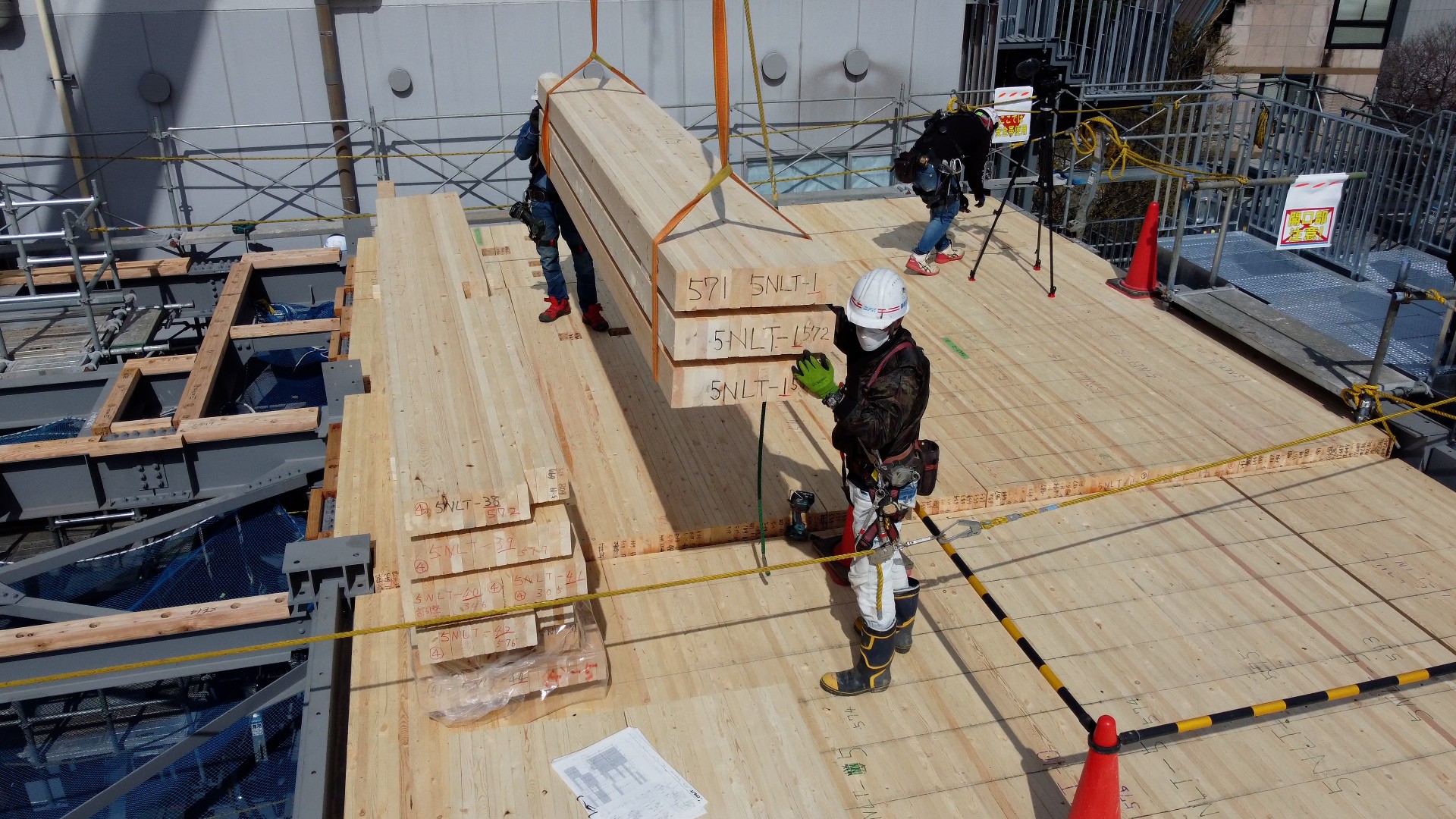
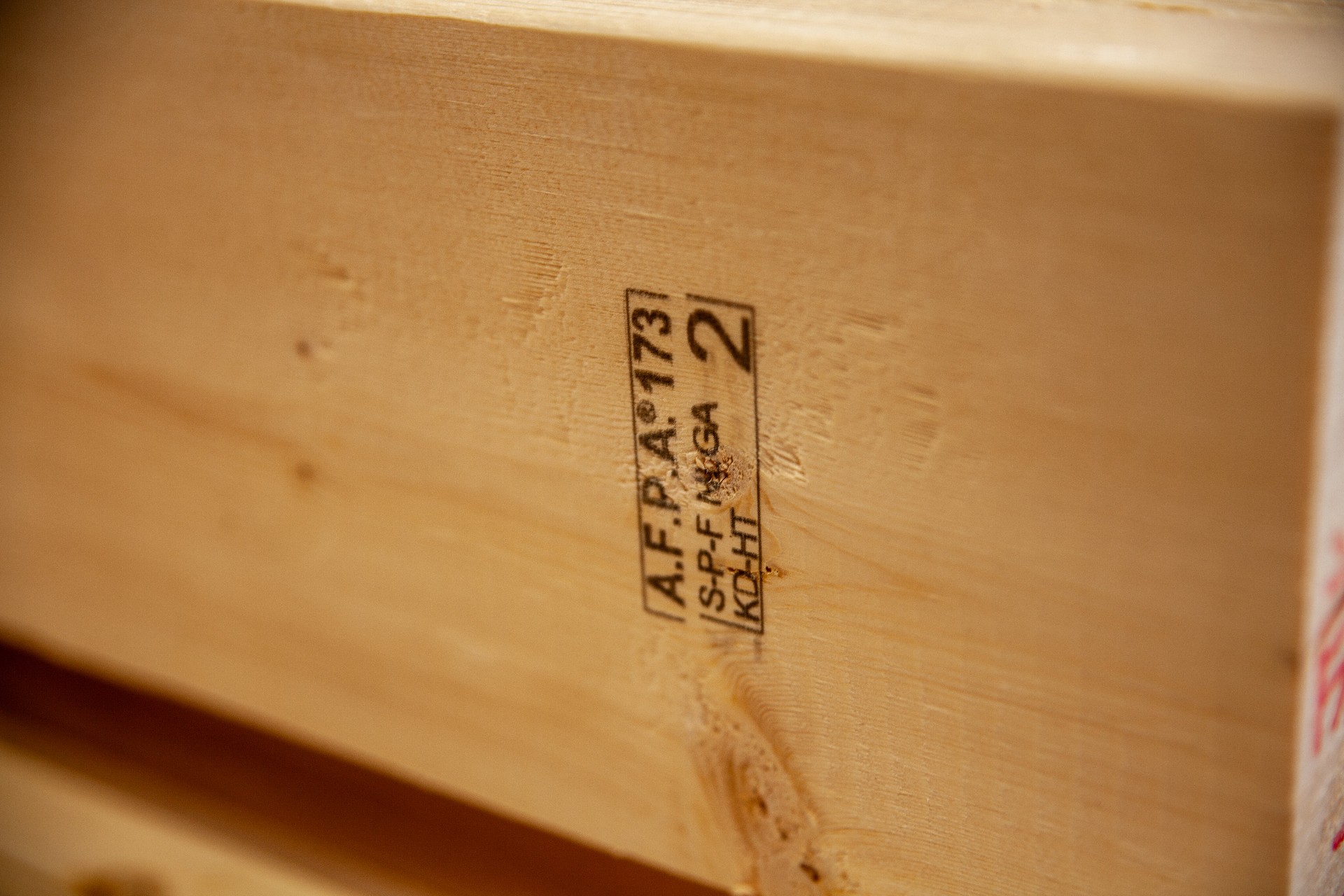

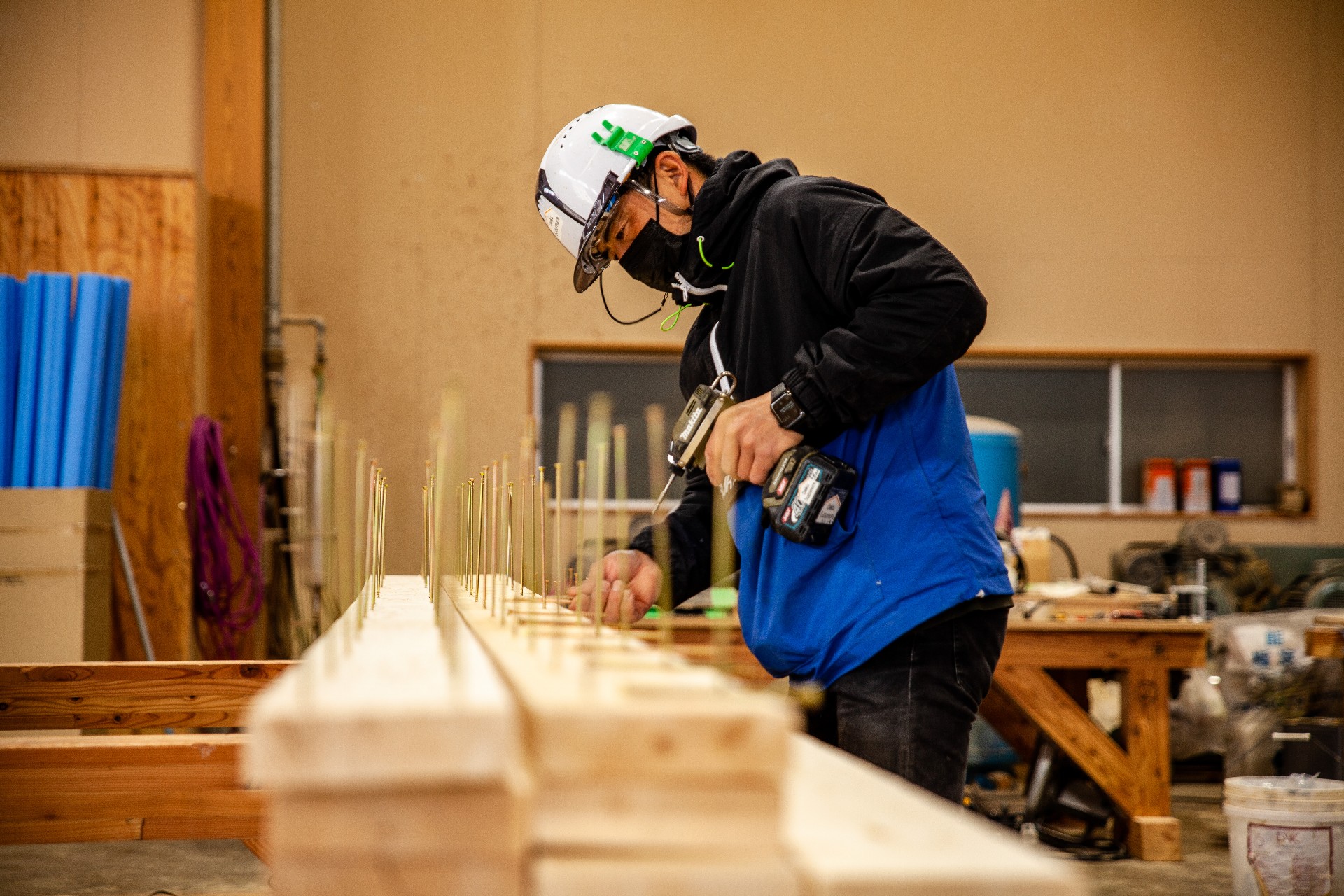
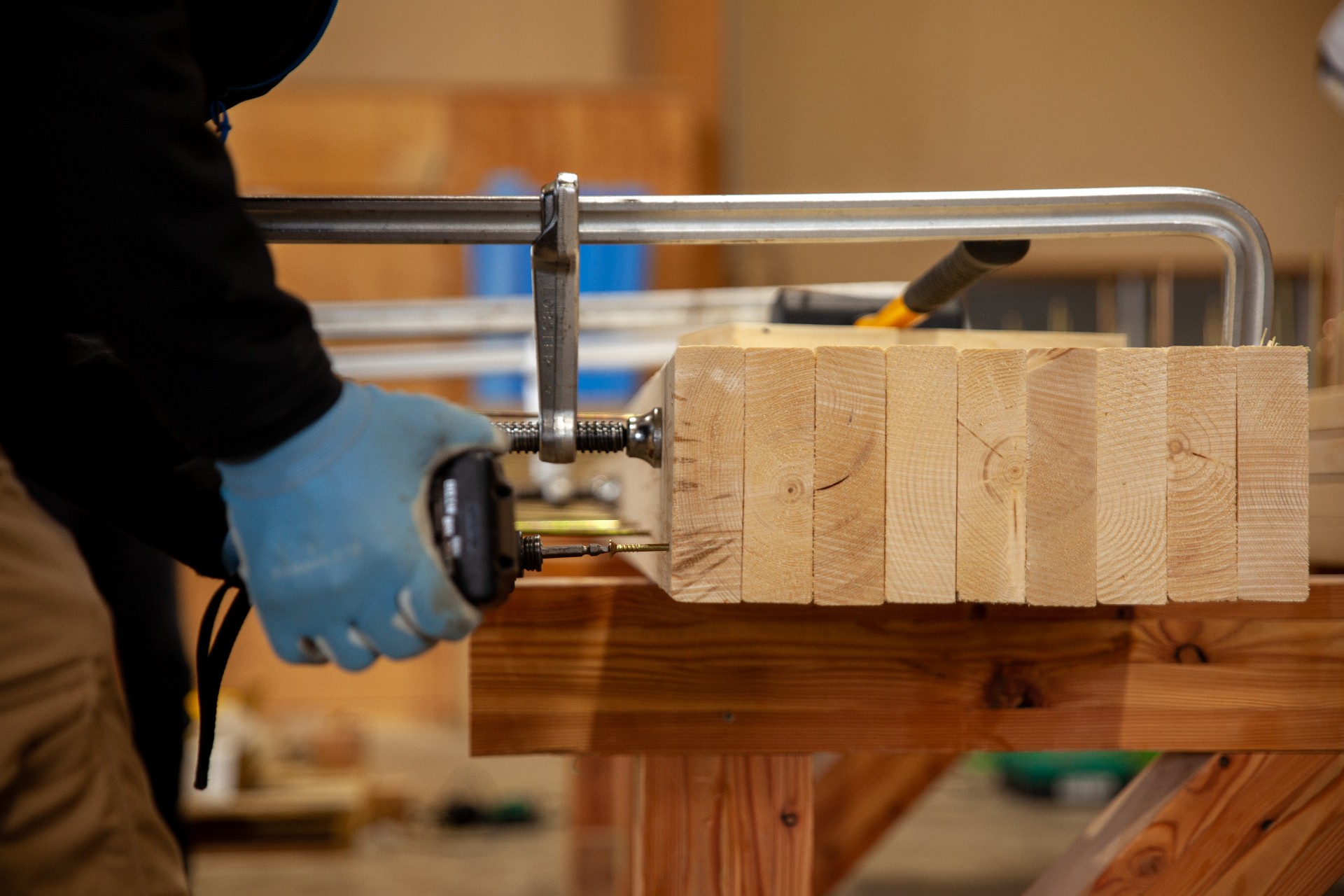
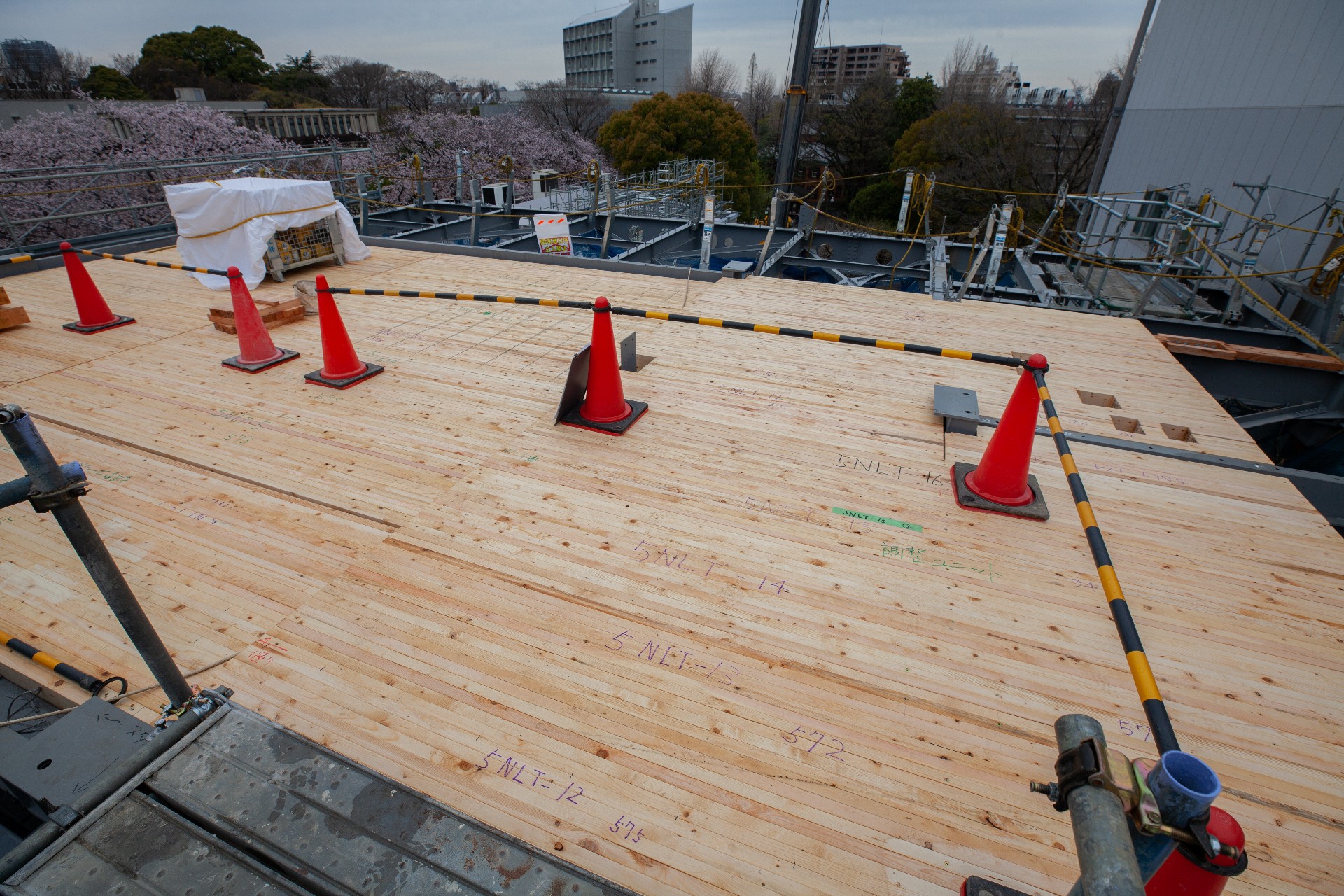
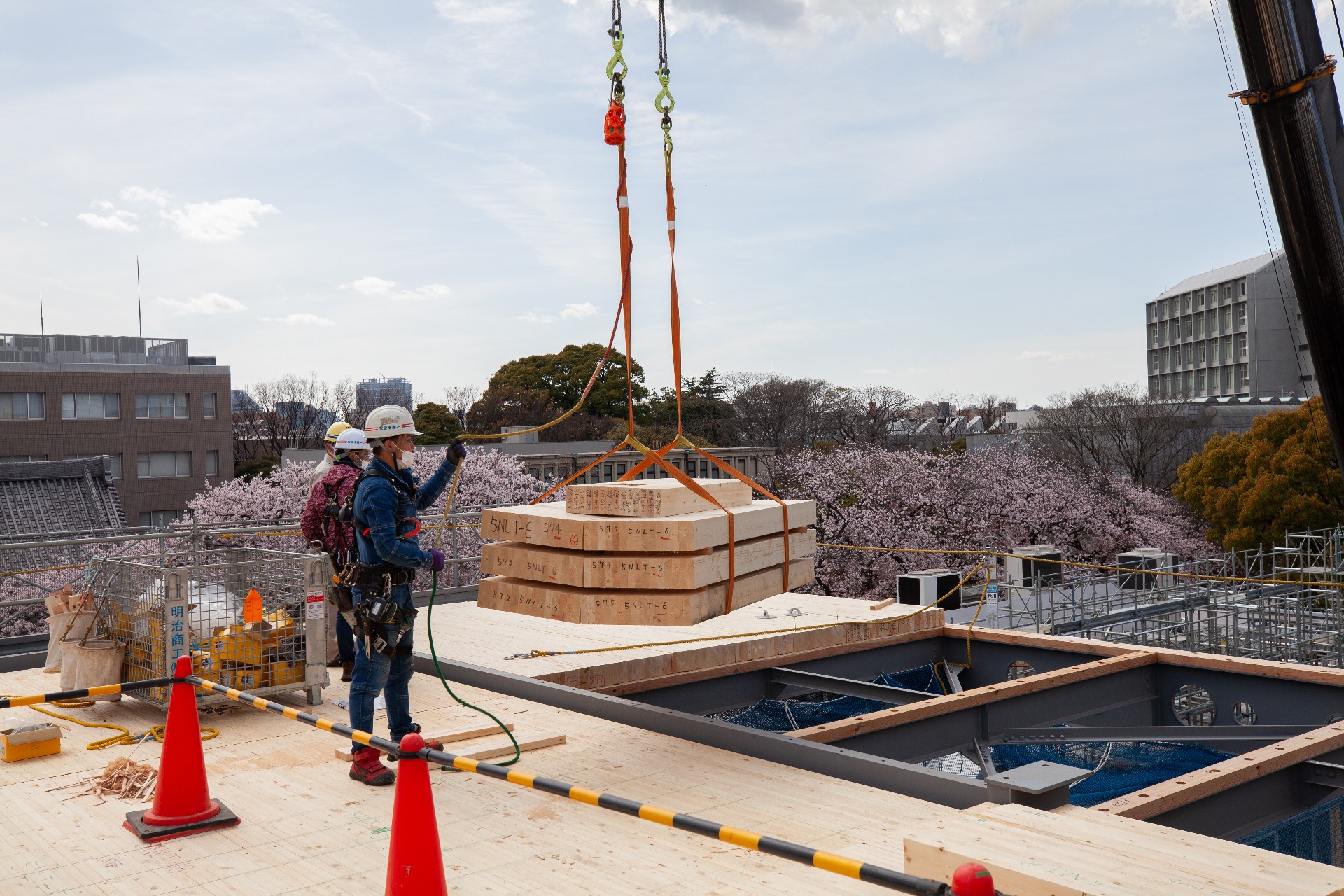
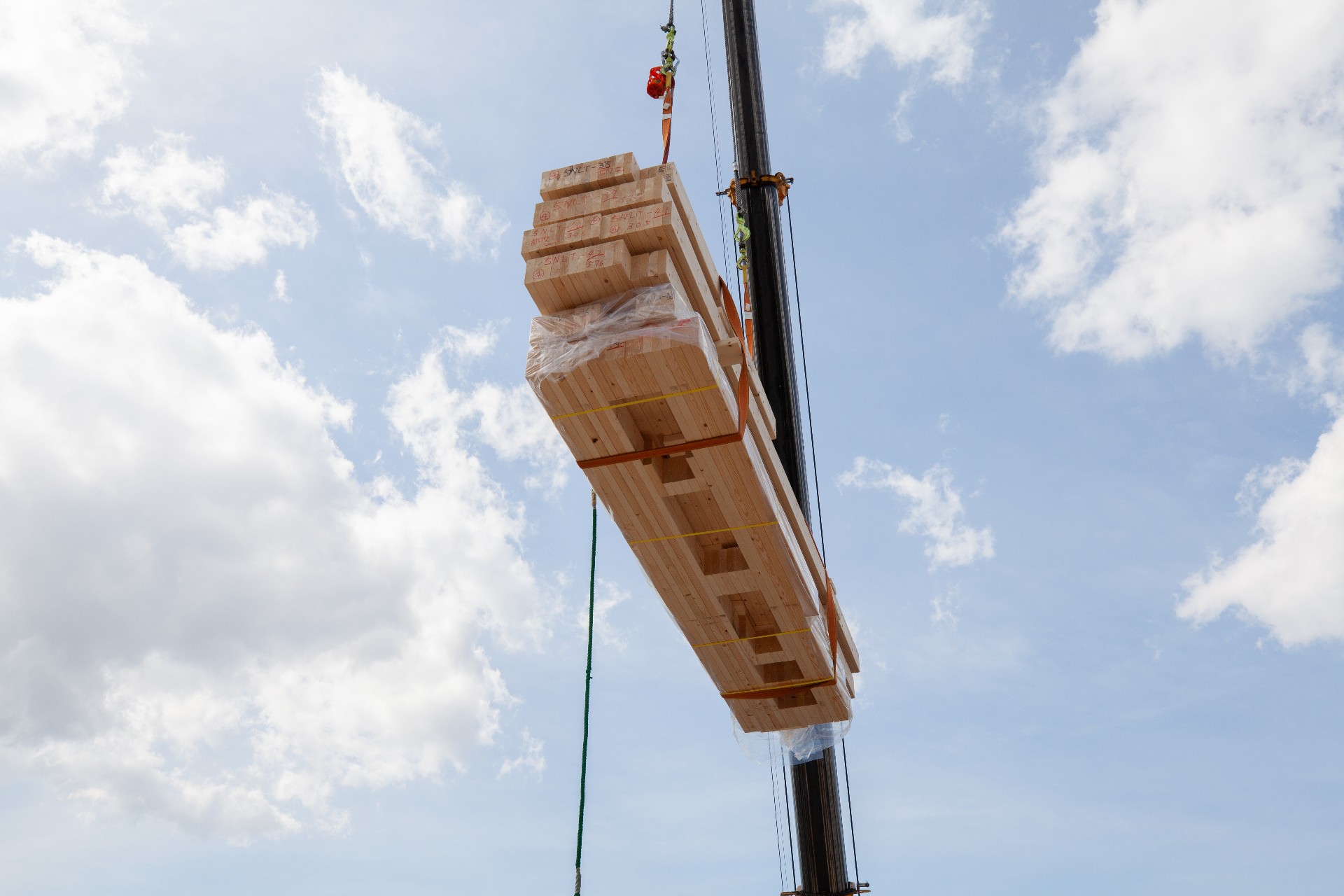
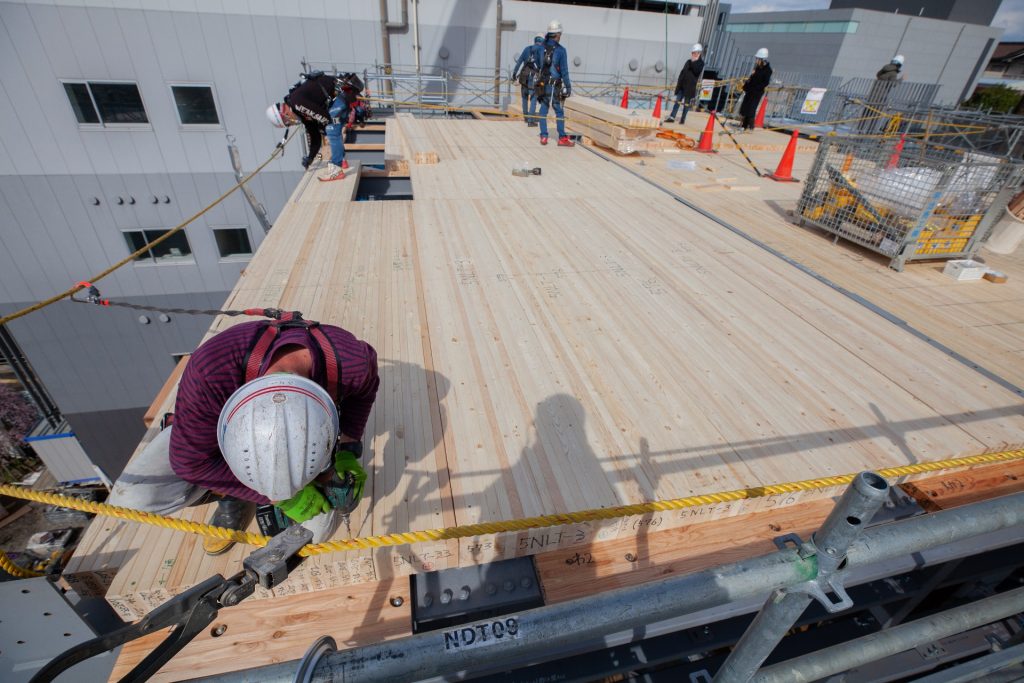








The project is made possible through fundings from the Government of Alberta

